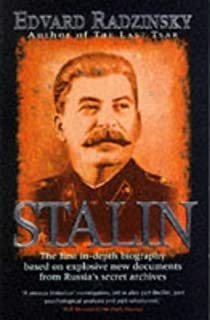The principal character is a telephone engineer-cum-electronics whizz-kid. But we are in the 1950s, when such things still relied on old fashioned telephones, cables and, crucially, tape recorders. This last ingredient gives away the fact that the novel is set in the permanent spying of the Cold War and this is also spiced by the setting near the division in Berlin between East and West, between a British-American capitalist enterprise and Soviet communist experiment. The plan is to tunnel as far as a run of cables on the other side, listen in and then analyse the recorded communications. Our lad from Dollis Hill in London has not only been trained for such work, but has a reputation for being something of a genius of the genre.
But like most lads, he likes a drink and, though he is far from experienced with women, he is also capable of falling for a woman. He, of course, does just that. She is German, older than him and more experienced. An essential art of Ian McEwan's book is the way these lovers discover how to be with one another from their individually different starting points.
Unfortunately, she is married, and the husband, who is still current and not former, is a tough guy who drinks a lot and doesn't look after himself. He unfortunately can look after himself and is well known for doing just that.
It has to be recalled that Ian McEwan's
nickname at the start of his career was Ian Macabre, and The Innocent does not
disappoint. The triangle works itself out and becomes at least a quadrilateral
when an apex is deleted only to be replaced by others.





